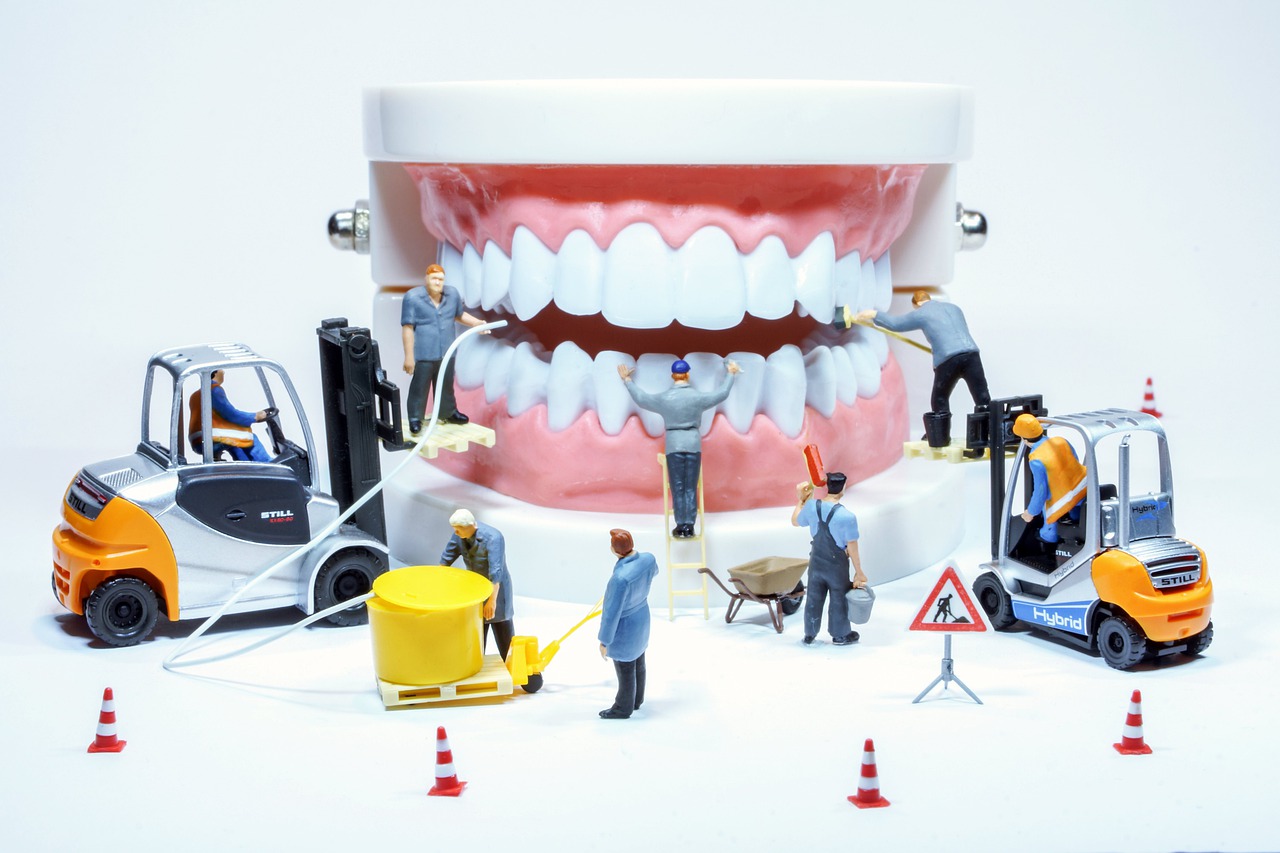If you’ve made the decision to seek dental care abroad, there are a few simple steps to follow that will simplify your search because let’s face it, it can be intimidating to try to find a dentist “out there, somewhere.”
1. Choose your dental destination

The first thing to do is to choose your destination country. We’ve covered the most popular countries but new countries are entering the dental tourism field all the time and we make sure we write those up as well. Everything you’ll find here is up to date.
The fact that you’re combining Dental Implants care with a holiday will influence your choice of country. Thinking about the dentist is one thing, but think about the vacation side of it too.
- Are you desperate for crystal-clear waters and gentle palm fronds? Then you might consider Thailand as a destination.
- You’re from the US and would rather stay close to home? Then Mexico or Costa Rica should be on your list.
- If you’re a city slicker and want culture, museums and art, try Budapest.
- Old Europe, off the beaten path? Then Croatia might be the answer.
- Even more exotic? Then Turkey – Argentina – South Africa – there’s no limit to your choices!
Once you’ve chosen your destination country, finding the right dentist becomes a lot easier.
2. Browse dental directories
A good dental directory is by far the best place to begin your research (unless you personally know a dentist, of course).
You can browse our directory here – dentists who go to the trouble of reaching out and joining directories like ours want to work specifically with foreign patients.
These dentists are looking for you, and are likely to have the kind of services and care that you want.
3. Look at their websites
Now that you’ve chosen your country (don’t worry, you can always change your mind) and have a shortlist of interesting practices, the next thing to do is to look at their website.
Is it professional looking? Is it in English? Are the photos of the actual practice and not just stock photos of smiling people?
Check if they are registered and accredited in their own country.
4. Do some more research
Then search for recommendations or feedback on Internet forums, expat websites and just via Google. Starting with a search for “review” + “name of practice” will usually yield a few nuggets. Or just try searching for the practice’s name. Once you get past the dentist’s own website and a few directories, you’ll get to other mentions – and many of these might be reviews.
Have a look at Google Maps – is the practice in a location that suits you? Is it close to where you want to stay?
5. Get in touch
This is where you get to the heart of the matter. Get in touch with them and ask them some questions! Their answers will determine who you’ll choose.
What questions? Here are a few you might want answered, but add more or ask fewer: they’re your teeth and it’s your money, so ask away. Some of this information may already be available on their websites but if it isn’t, this is the time to find out.
- How often have you treated foreign patients?
- Have you got any references and former patients I can contact?
- What qualifications or specializations do you have?
- Do the clinic staff speak English?
- What treatments do you offer?
- How long will my treatment take/how many sessions will I need?
- Is it safe to complete my treatment within the time I have available? I can’t come back – it’s too far and expensive.
- How soon can I fly after my final treatment?
- How much will this cost?
- What sort of technologies and materials do you use?
- How do you make your patients comfortable?
- Do you use digital x-ray?
- Will the dentist review my treatment plan and go over the costs following initial treatment?
- What are your opening hours?
- Can I call or email the dentist and talk over my history/concerns directly with him or her?
- When do I pay?
- What happens if the treatment doesn’t go according to plan?
- What guarantees do I have if something goes wrong?
A dentist abroad won’t be any different from your dentist back home – other than cost, and in some cases, the equipment might be even more modern! However, these are different cultures so things such as time and money and guarantees are important to discuss. You don’t want to walk into a situation you don’t fully understand.
Not only should you get the kinds of answers you want (if you don’t – go on to the next dentist on your list!) but those answers should be courteous, professional and prompt and most importantly answer the questions you’ve asked.

Choose your dentist with care!
